Rachel Carson: Pioneering Environmentalism and Silent Spring's Enduring Legacy
Introduction:
Rachel Carson, a renowned marine biologist and conservationist, left an indelible mark on the world with her groundbreaking work in environmental science and advocacy. Born on May 27, 1907, in Springdale, Pennsylvania, Carson developed a deep fascination with the natural world from a young age. Through her meticulous research and eloquent writing, she became a leading voice in the conservation movement of the 20th century. This article delves into the life, work, and enduring legacy of Rachel Carson, focusing particularly on her seminal work, "Silent Spring."
Early Life and Education:
Rachel Carson's childhood was spent exploring the fields, forests, and streams near her home, fostering a profound connection to nature. Her love for biology blossomed during her undergraduate years at the Pennsylvania College for Women (now Chatham University), where she majored in English with a minor in biology. Carson's passion for science led her to pursue a master's degree in zoology at Johns Hopkins University, where she conducted research on marine biology.
Career as a Writer and Scientist: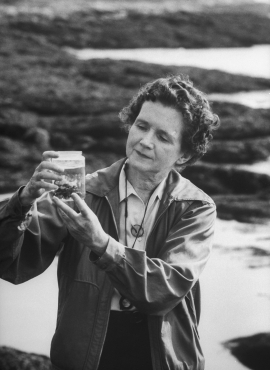
Carson's career took shape as she combined her scientific expertise with her talent for writing. She began her professional journey as a marine biologist with the U.S. Bureau of Fisheries (later the U.S. Fish and Wildlife Service), where she authored articles and pamphlets aimed at educating the public about marine life. Her ability to communicate complex scientific concepts in accessible language laid the groundwork for her future success as an author.
Landmark Works:
In 1951, Rachel Carson published her first book, "The Sea Around Us," which garnered widespread acclaim and earned her a National Book Award. This seminal work explored the wonders of marine life and the interconnectedness of ecosystems, captivating readers with its lyrical prose and scientific rigor. Carson's next book, "The Edge of the Sea," further solidified her reputation as a gifted writer and naturalist.
"Silent Spring" and Environmental Awakening: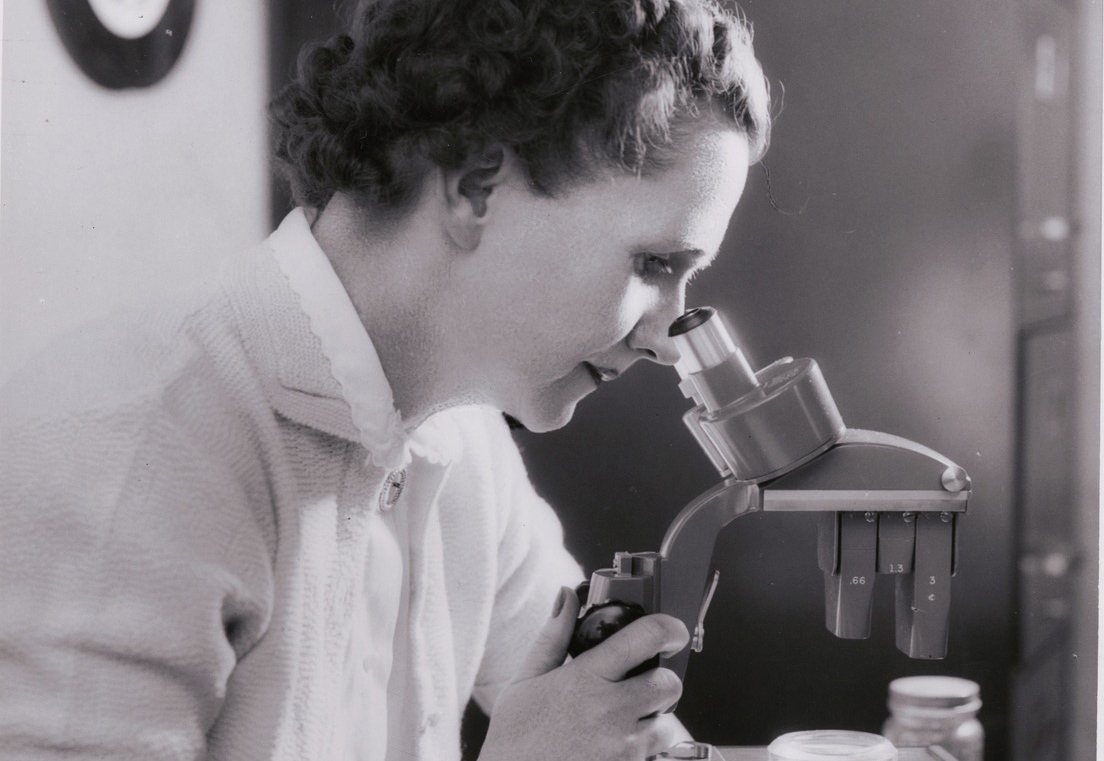
Carson's most influential work, "Silent Spring," was published in 1962 and sparked a global conversation about the detrimental effects of pesticides, particularly DDT, on the environment and human health. Through meticulous research and compelling storytelling, Carson exposed the indiscriminate use of chemical pesticides and their devastating impact on wildlife and ecosystems. "Silent Spring" galvanized public awareness and catalyzed the modern environmental movement, leading to widespread regulatory reforms and the establishment of the Environmental Protection Agency (EPA) in the United States.
Legacy and Impact:
Rachel Carson's legacy extends far beyond her role as a pioneering environmentalist. Her courageous stance against powerful chemical industries and her commitment to scientific integrity continue to inspire generations of activists, scientists, and policymakers. The publication of "Silent Spring" marked a turning point in environmental consciousness, prompting society to reconsider humanity's relationship with the natural world. Carson's timeless message of stewardship and sustainability remains as relevant today as it was over half a century ago.
Environmental Legacy and Continued Relevance: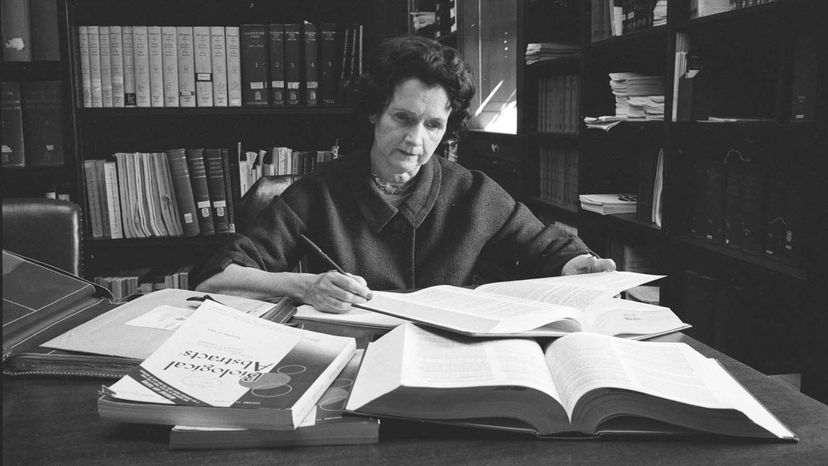
Rachel Carson's legacy endures not only through her written works but also through the ongoing efforts of environmentalists, scientists, and policymakers who continue to be inspired by her vision. The issues she raised in "Silent Spring" remain highly relevant today, as society grapples with the far-reaching consequences of industrialization, climate change, and biodiversity loss.
Carson's emphasis on the interconnectedness of ecosystems and the importance of taking a holistic approach to environmental stewardship resonates deeply in contemporary discourse. Her call to action for responsible environmental management and the precautionary principle—that the burden of proof should be on those who advocate for the use of potentially harmful chemicals—remains a guiding principle in environmental policy and advocacy.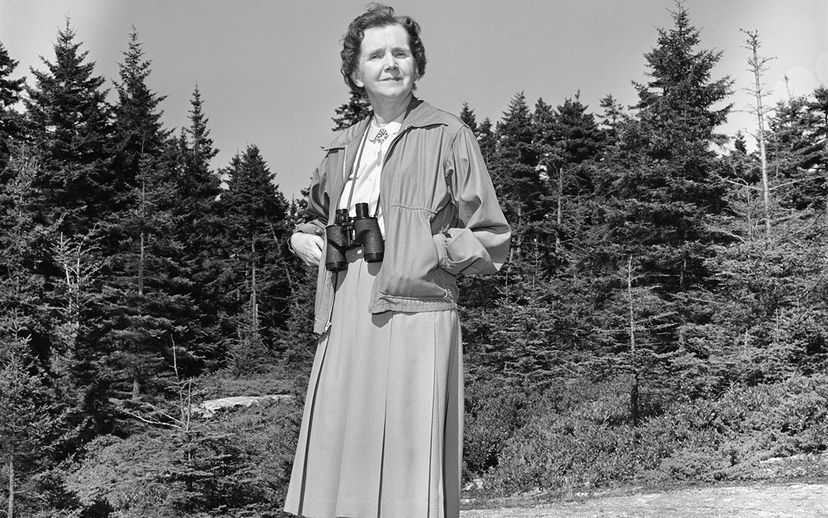
In recent years, Rachel Carson's name and work have become synonymous with the environmental movement, with numerous organizations, awards, and initiatives bearing her name in tribute to her contributions. Her influence extends beyond the realm of environmental science, permeating popular culture, literature, and education, where her works continue to be studied and celebrated for their literary merit and environmental insight.
Challenges and Controversies:
Despite Rachel Carson's enduring legacy and widespread acclaim, her work has not been without controversy. Critics, particularly those within the chemical industry, have sought to undermine her findings and discredit her reputation, often accusing her of alarmism and cherry-picking data. However, subsequent research and historical analysis have affirmed the validity of Carson's central arguments in "Silent Spring" and vindicated her as a pioneering environmental scientist.
Additionally, Carson's advocacy for the protection of ecosystems and wildlife has sometimes been criticized for prioritizing nature over human interests, particularly in the context of agricultural practices and public health. However, Carson's nuanced approach to environmental issues acknowledged the complex interplay between human well-being and ecological integrity, advocating for solutions that balance environmental conservation with socioeconomic considerations.
Conclusion: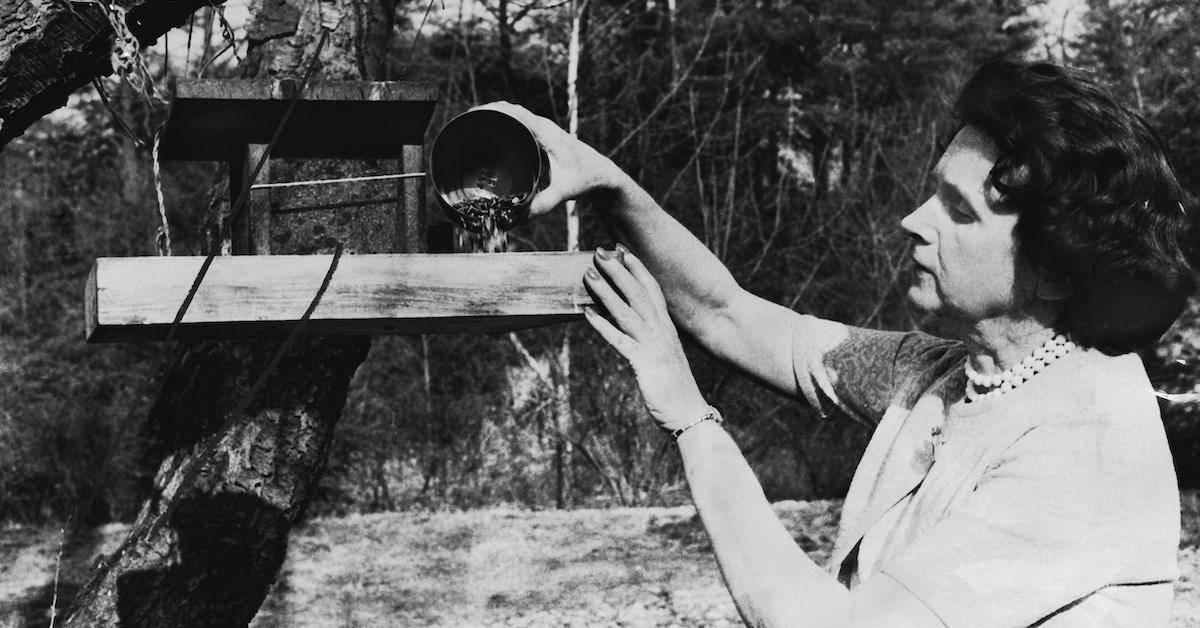
Rachel Carson's enduring influence on environmentalism and conservation cannot be overstated. Through her groundbreaking research, eloquent writing, and steadfast advocacy, she revolutionized public awareness of environmental issues and catalyzed a global movement for environmental protection and sustainability. As we confront the ecological challenges of the 21st century, from climate change to biodiversity loss, Carson's legacy serves as a guiding light, reminding us of the urgent need for collective action and responsible stewardship of the planet. In honoring her memory and upholding her values, we honor not only Rachel Carson herself but also the countless species and ecosystems that depend on our commitment to a healthier, more sustainable future.






































































